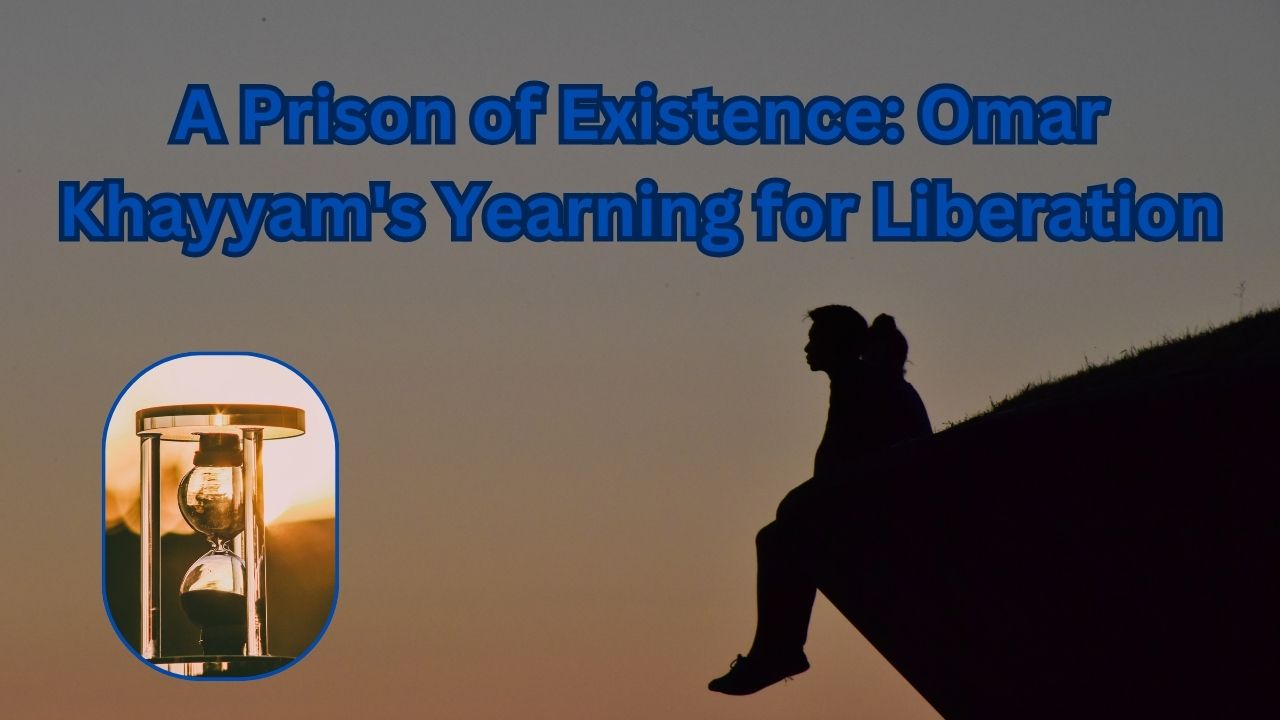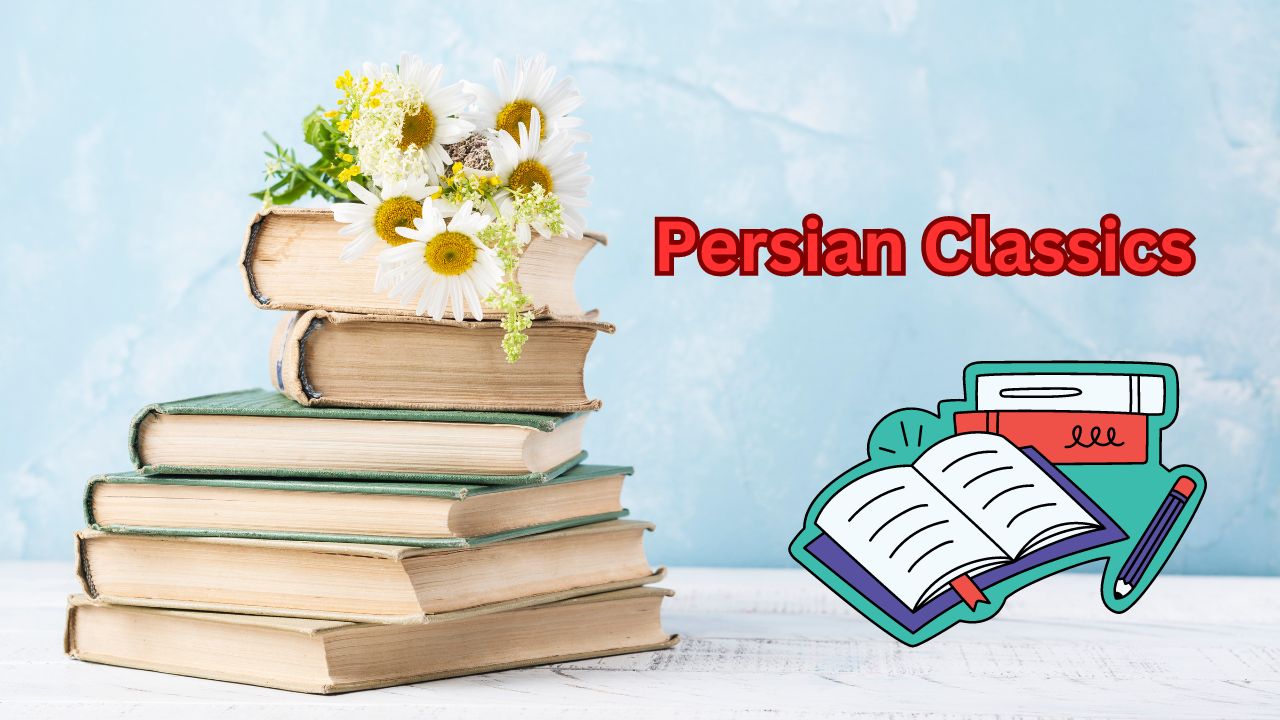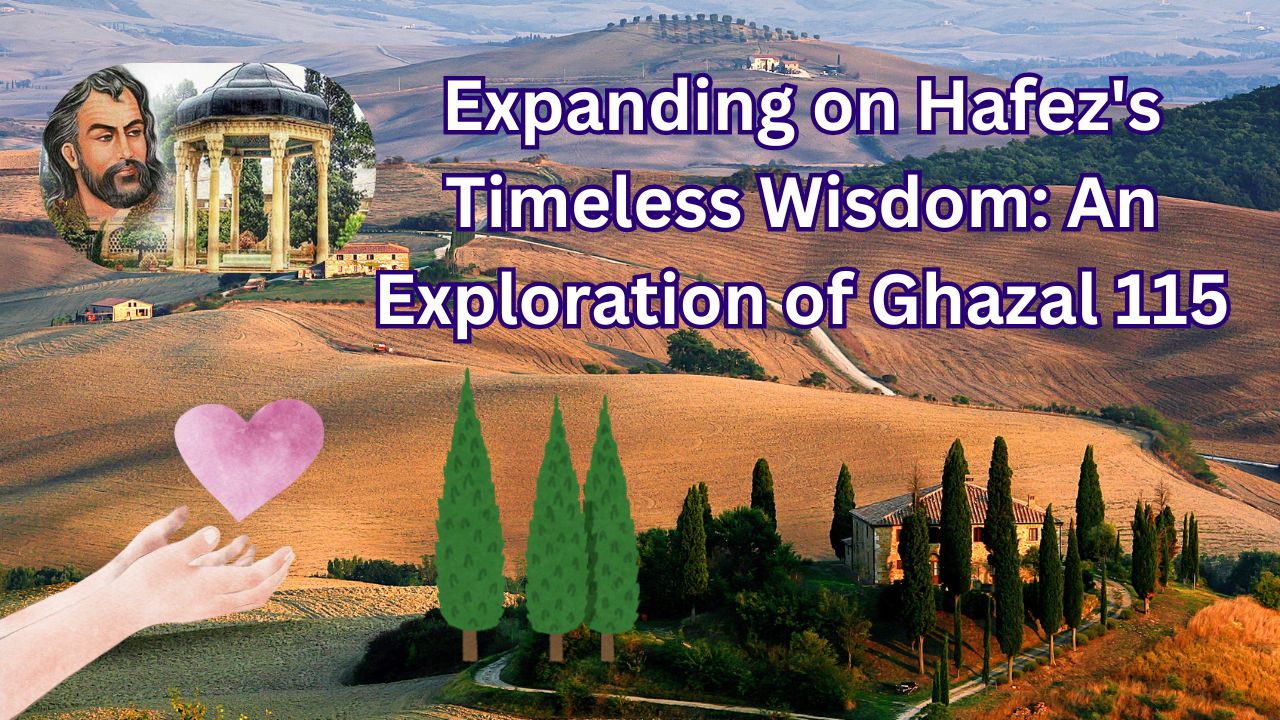Omar Khayyam, the renowned Persian poet and philosopher, is celebrated for his introspective quatrains that explores the complexities of human existence. His poetry often explores themes of mortality, fate, and the search for meaning. In Quatrain 165 from the Rubaiyat, Khayyam encapsulates a profound sense of disillusionment and a yearning for escape.
Let’s read the poem in Persian and then its translation and analysis.
بر شاخ امید اگر بری یافتمی
هم رشته خویش را سری یافتمی
تا چند ز تنگنای زندان وجود
ای کاش سوی عدم دری یافتمی
English Translation:
If I could find a berry on the branch of hope,
I would also find the end of my own thread.
How long must I remain in the narrow confines of this prison of existence?
I wish I could find a door towards non-existence.
Analysis of the Rubai
The poem opens with a narrow image of hope, a branch bearing a potential fruit. Yet, this hope proves to be illusory, as the poet fails to find the desired "berry" that would signify a resolution or salvation. This initial disappointment sets the tone for the subsequent lines, where a darker undercurrent emerges.
Khayyam expresses a fervent desire for release from the confines of life, comparing his existence to a prison. This imagery evokes a sense of entrapment and a longing for freedom. The poet's wish for a "door towards non-existence" is a stark and uncompromising declaration of his despair.
Beneath the surface of these explicit themes lies a deeper exploration of the human condition. The burden of existence, the search for meaning, and the allure of the unknown are all subtly interwoven into the fabric of the poem. Khayyam's contemplation of non-existence as a potential escape offers a chilling perspective on the human psyche, suggesting that the fear of the unknown can sometimes be overshadowed by the pain of the known.
In the first couplet, Khayyam has unveiled the withered and barren state of his branch of hope, as well as the confusion and bewilderment resulting from this despair. However, we can uncover the secret behind this despair in the second couplet. In Khayyam's view, existence is not a grand and magnificent reality, but rather a narrow and confining prison that perpetually holds us captive. No door to escape existence and join non-existence is open before us. We must always be, and there is no path to nothingness.
Here, Khayyam once again leverages themes of existential confusion and metaphysics. He says, 'I wish I could have found hope in this world, and then I could have found myself (achieved self-knowledge). But now, trapped in this prison of existence, I long for nothing more than to slip into nothingness (death).
Ultimately, Quatrain 165 is a powerful and evocative meditation on the human experience. It invites readers to contemplate their own relationship with hope, despair, and the search for meaning in life. This is Khayyam’s word-mastership that by exposing the raw vulnerability of the human soul, Khayyam's poetry continues to resonate with audiences centuries after it was written.





